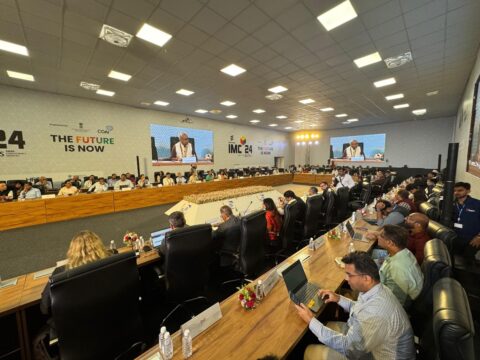The National Payments Corporation of India (NPCI), the umbrella organization for operating retail payments and settlement systems in India, has said that UPI has emerged as the preferred mode of digital payment by offering free, fast, secure and seamless experience. Traditionally, the most preferred method of UPI transactions is linking the Bank account in any UPI enabled app for making payments which contributes over 99.9% of total UPI transactions. These Bank account-to-account transactions continue to remain free for Customers and Merchants.
Recent regulatory guidelines, the Prepaid Payment Instruments (PPI Wallets) have been permitted to be part of interoperable UPI ecosystem. In view of this NPCI has now permitted the PPI wallets to be part of interoperable UPI ecosystem. The interchange charges introduced are only applicable for the PPI merchant transactions and there is no charge to customers, and it is further clarified that there are no charges for the bank account to bank account based UPI payments (i.e. normal UPI payments).
With this addition to UPI, the Customers will have the choice of using any bank accounts, RuPay Credit card and prepaid wallets on UPI enabled apps.
The organization also issued a statement to explain that Unified Payment Interface (UPI) does not reveal user KYC details. It also said that UPI payments will not lead to hackers accessing a user’s phone or the app itself.
Following is the statement:
“With reference to recent media/social media articles on ‘KYC scams’ – The connection to UPI is misleading and incorrect. We assure all users that any payment through UPI does not expose the sender’s KYC details and neither does it lead to a user’s mobile or App getting hacked.
UPI works on the principle of payment using a Virtual Payment address or UPI ID – using secure method of device binding and UPI PIN to transfer money. KYC details are not used or shared during a UPI transaction. We would like to reassure that UPI continues to remain a safe and secure payment method. The intention of some of these articles/ social media messages are to mislead and thereby create mistrust about a payment method that has been adopted widely across the country.”











